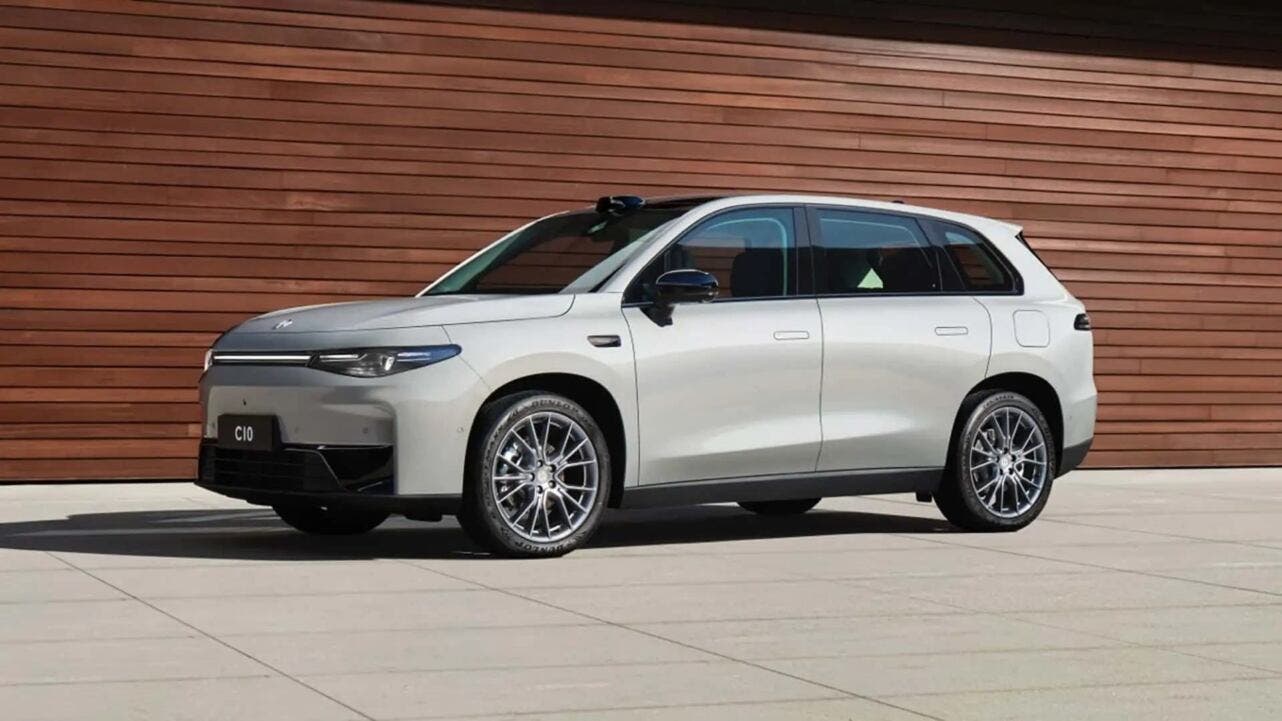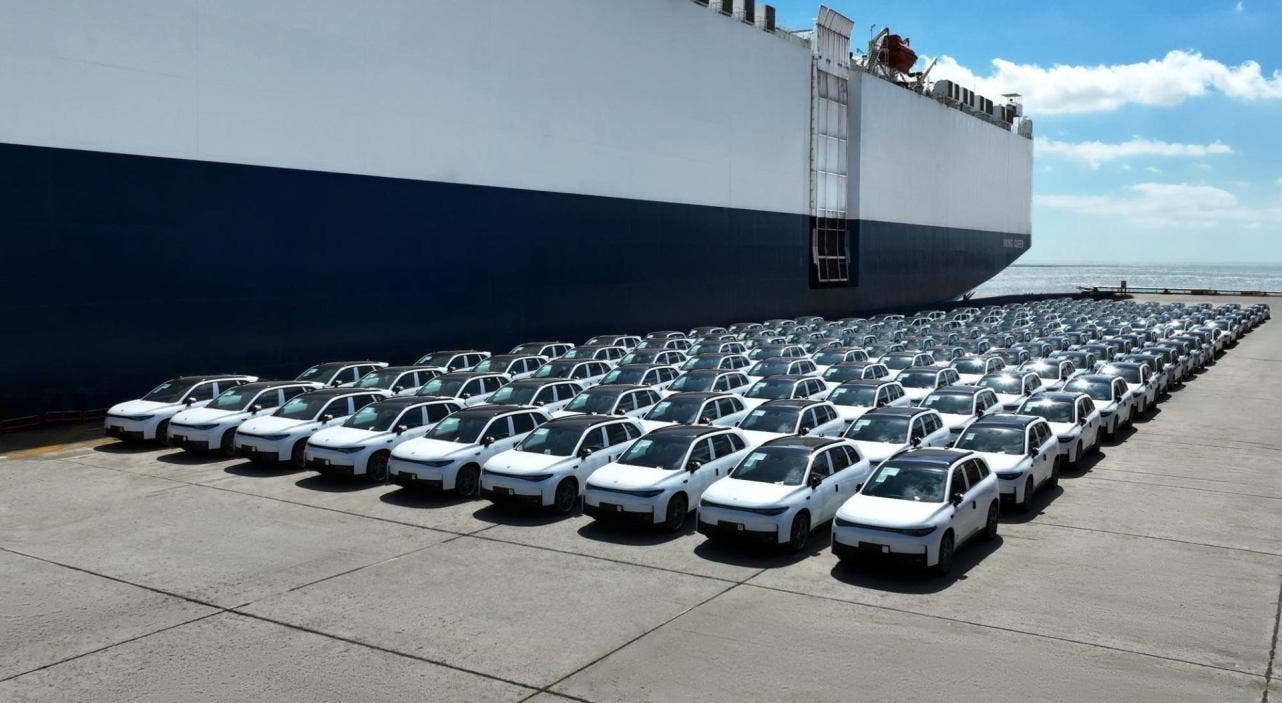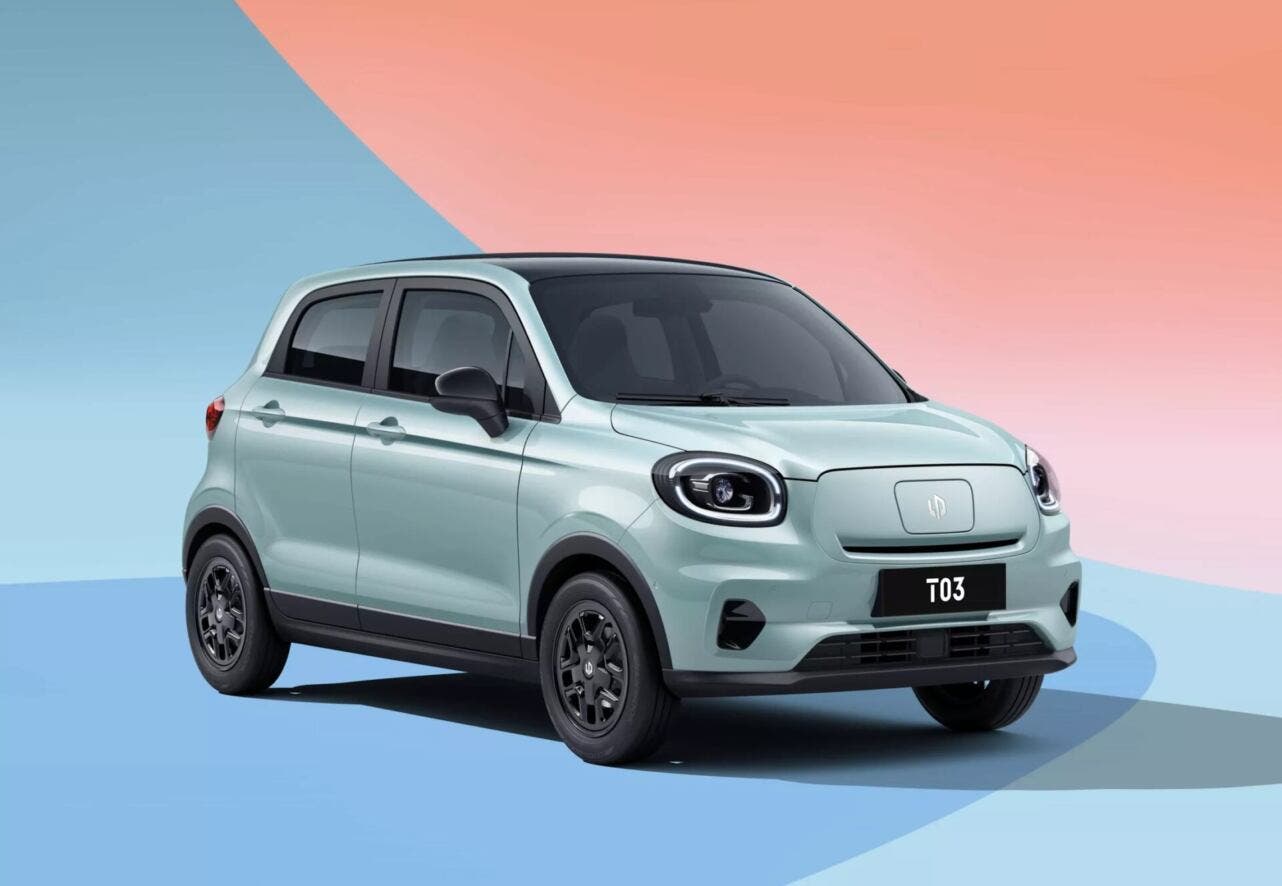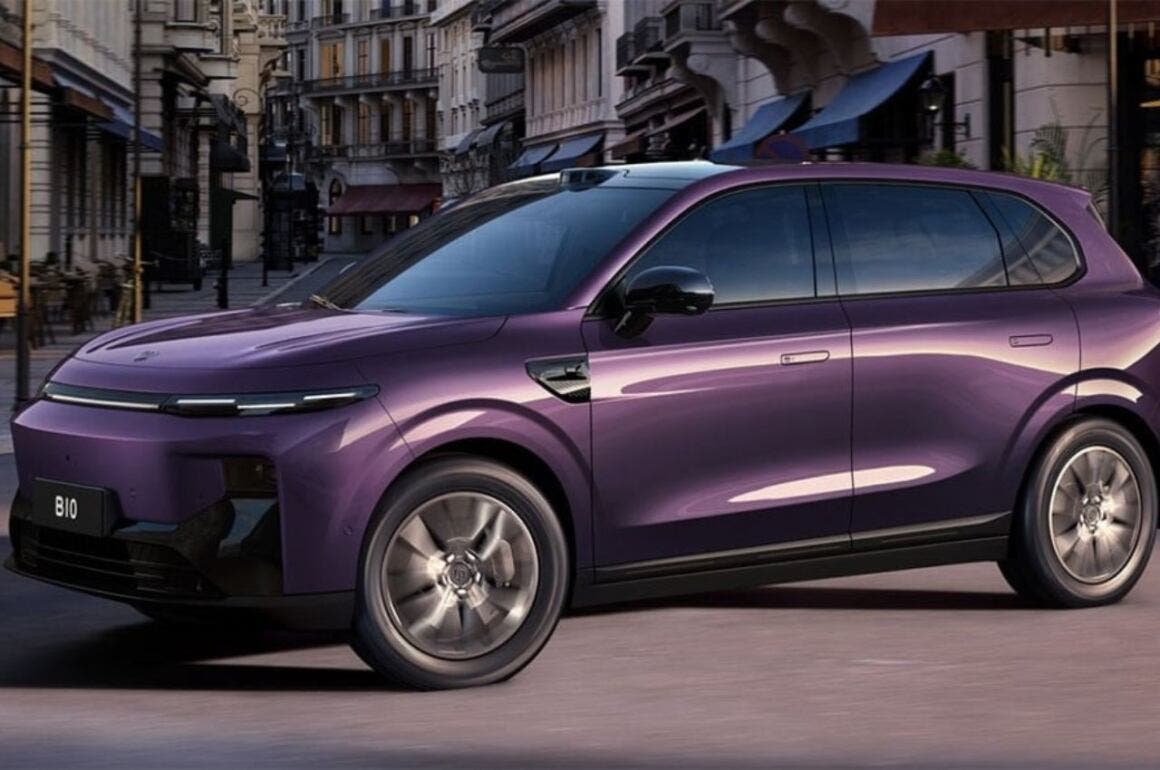Leapmotor, now an integral part of Stellantis, isn’t hiding its ambitions to conquer the European market. And to do so, it has decided to establish a collaboration with Maserati. This was confirmed by the founder and CEO of the Chinese automotive company, Zhu Jiangming, in an interview with Car News China, which reveals that Leapmotor’s chassis Research and Development team is working with Italian brand technicians with a specific goal: to perfect the Chinese brand’s models. This work has already begun at the Balocco test circuit in Italy and at the Yancheng China Automotive Center.
European Union tariffs don’t seem to be slowing down Leapmotor’s plans

Jiangming himself also provided journalists with updates regarding the company’s future strategy, particularly providing more details about new cars in development for the European market. These plans have been temporarily slowed by the fallout from the trade battle between the European Union and China, connected to the imposition of additional tariffs on electric cars produced within the Asian giant’s territory.
As is known, during the past year, Stellantis purchased a 21% stake in the company and founded Leapmotor International, of which it owns 51%. This collaboration was welcomed with great enthusiasm by the automotive group, which saw an opportunity to begin competing in a segment considered decisive on the old continent – that of low-price models.
However, this plan has encountered a significant setback. To be able to distribute its products in the European market, at the beginning of this year, Leapmotor started producing them at the Stellantis plant in Tychy, Poland, where the Alfa Romeo Junior is also produced. While it currently has about 200 dealerships across the old continent, it intends to increase this to 500 by the end of 2025. However, this plan has been put on hold by the Beijing government’s order, which has instructed its companies not to invest in countries that voted in favor of the tariffs. And Poland is one of them.

While waiting for things between the EU and China to stabilize, with officials from both sides working to find an agreement, perhaps on a minimum selling price for cars from Beijing, Leapmotor is nevertheless trying to refine its commercial strategy.
Currently, the models it has put on sale are the C10 SUV and the small T03. Both are offered in 13 Eurozone countries: Italy, United Kingdom, France, Germany, Spain, Netherlands, Belgium, Greece, Luxembourg, Malta, Romania, Portugal, and Switzerland.
During the latest Paris Motor Show, the Chinese car manufacturer also presented a new model, the compact SUV B10, which naturally aroused curiosity. However, their intentions include launching one new model per year. Additionally, their globalization strategy also includes launching a range in the smaller vehicle segments. This move was necessitated by the fact that these segments represent between 60 and 70% of sales in the region.

A very interesting part of the interview given by Zhu Jiangming to Car News China is where the head of Leapmotor explained the competitive pricing of his products. The explanation is quite simple: every phase, from research to development to manufacturing, is conducted within the company, avoiding costly outsourcing. The money saved on suppliers can therefore be reinvested in activities aimed at optimizing the entire process.
These are the words with which he explained Leapmotor‘s modus operandi: “Whether it’s a high-end or low-end model, the gross profit is the same, with the goal of enabling users to purchase a better-equipped and higher-quality product at a reasonable price.” However, this is a recipe that the European Union seems to appreciate little, so much so that it has erected a new trade barrier.
